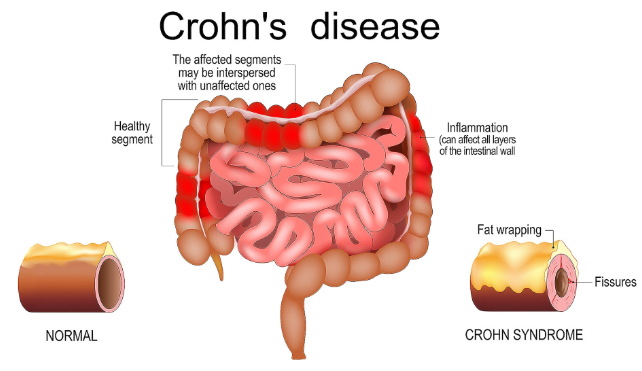Intestines undergo a variety of put on and tear of their day by day service to digestion, requiring fixed renewal of their lining. This progress of the intestine’s wall hints at underlying pathways distinguishing useful regeneration from the rampant copy of a tumor.
By trawling by databases of RNA sequences primarily based on fashions of intestinal harm, a staff of researchers led by scientists from the Karolinska Institute in Sweden has recognized a molecule that does double responsibility as a intestine tissue healer and a most cancers tumor suppressor – a promising super-agent in preventing illness.
Often called liver X receptor (LXR), the protein’s exercise may reveal new methods to each deal with inflammatory bowel illness (IBD) and block colorectal most cancers.
There are shut hyperlinks between these seemingly distinct well being points. Treating IBD by encouraging tissue progress also can encourage cancerous cell tumor progress, whereas treating bowel and rectal cancers with chemotherapy and radiotherapy typically harm tissues lining the intestine.

“It is just about unattainable to advertise tissue regeneration with out the chance of inducing tumour progress, as most cancers cells can hijack the physique’s pure therapeutic processes and begin to develop uncontrollably,” says Karolinska Institute stem cell biologist Srustidhar Das.
“We have now recognized a molecule that may assist the intestines to heal after harm whereas suppressing tumour progress in colorectal most cancers.”
The molecule was discovered throughout an investigation into new therapies for IBD. The researchers seen numerous particular genes activating throughout intestine restore in mice and driving cell regeneration – genes managed by the LXR protein.
By means of cautious genetic evaluation strategies – together with transcriptome mapping utilizing RNA databanks and spatial transcriptomics – the staff mapped the regulation of gene expression in intestinal epithelial cells. Additionally they used 3D organoid samples, scaled-down human tissue replicas, to check the consequences of LXR within the lab.
The evaluation of LXR confirmed it performing like a organic change, turning on the manufacturing of a molecule known as amphiregulin that helps develop new intestinal cells. When confronted with most cancers, although, it assists the immune system in limiting tumor progress.
“The invention of each these features was astonishing,” says Karolinska Institute immunologist Eduardo J. Villablanca. “We now want to check how LXR controls tumor formation extra intently.”
Folks affected by IBD, together with these with Crohn’s illness or ulcerative colitis, are sometimes given immunosuppressants to damp down the irritation brought on by the immune system overreacting – however these are solely efficient for a subsection of sufferers, and might have undesirable unwanted effects.
The researchers are hopeful that additional research of LXR can enhance the focusing on of therapies, although any precise drug growth continues to be a good distance off.
“This new therapeutic molecule has the potential to deal with not solely IBD sufferers but in addition most cancers sufferers to forestall persistent bowel issues after radiotherapy and/or chemotherapy,” says Villablanca.
The analysis has been revealed in Nature.
